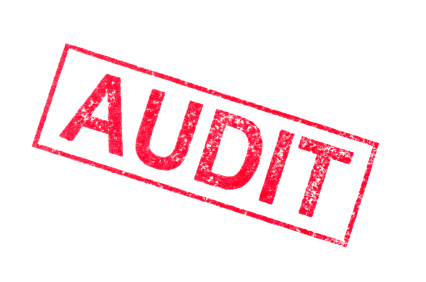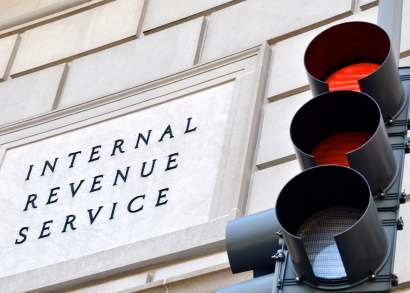If  you get an IRS audit notice, you probably expect to spend hours responding to endless document requests, visiting bland government offices, and meeting with faceless bureaucrats. You might hope you get lucky and find yourself assigned to a pleasant, friendly examiner, one who acknowledges how intrusive and annoying the audit process can be. But you certainly wouldn't expect to wind up in bed with the auditor!
you get an IRS audit notice, you probably expect to spend hours responding to endless document requests, visiting bland government offices, and meeting with faceless bureaucrats. You might hope you get lucky and find yourself assigned to a pleasant, friendly examiner, one who acknowledges how intrusive and annoying the audit process can be. But you certainly wouldn't expect to wind up in bed with the auditor!
Vincent Burroughs is a 40ish contractor and amateur motorcycle racer in Fall Creek, Oregon. When the economy collapsed in 2008, his business suffered and he got behind on his taxes. In 2011, the IRS came calling. The auditor, Dora Abrahamson, recognized him from his motorcycle racing, and apparently liked what she saw. Burroughs claims Abrahamson started flirting with him over the telephone and by text message ("[I] need a hug badly, do you have one?"), offered him massages, and even sent him a "selfie" in a revealing pose!





